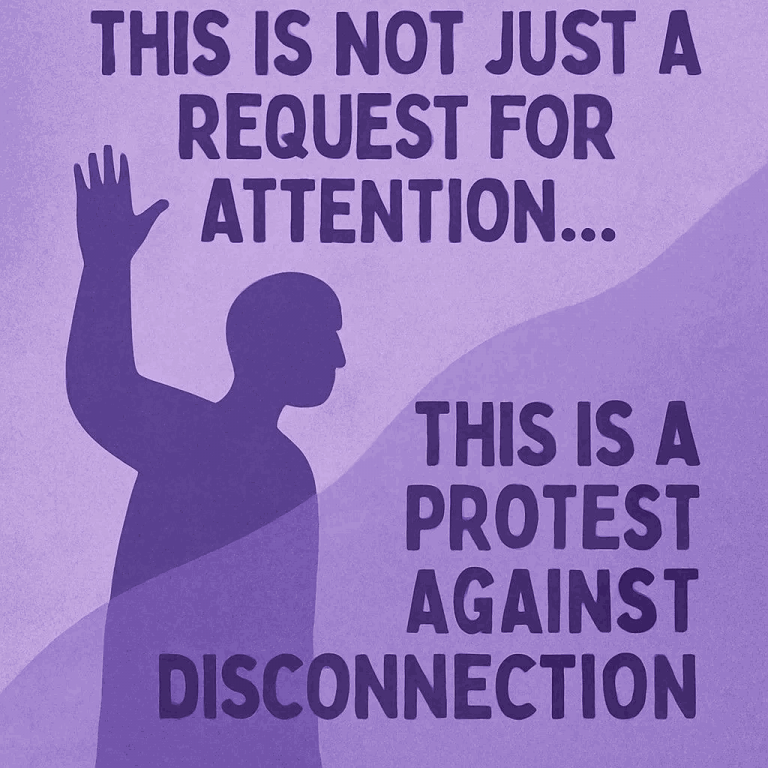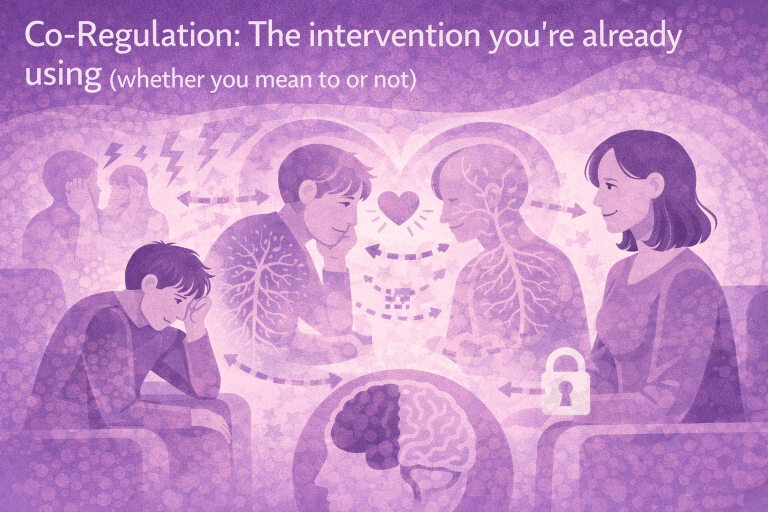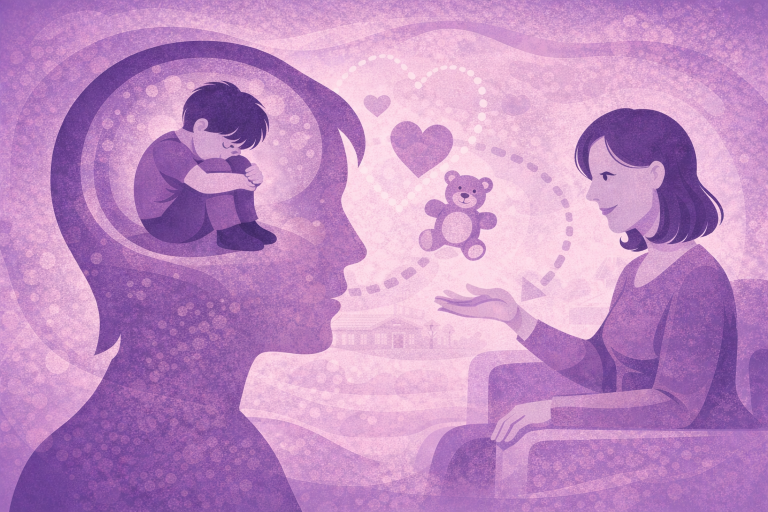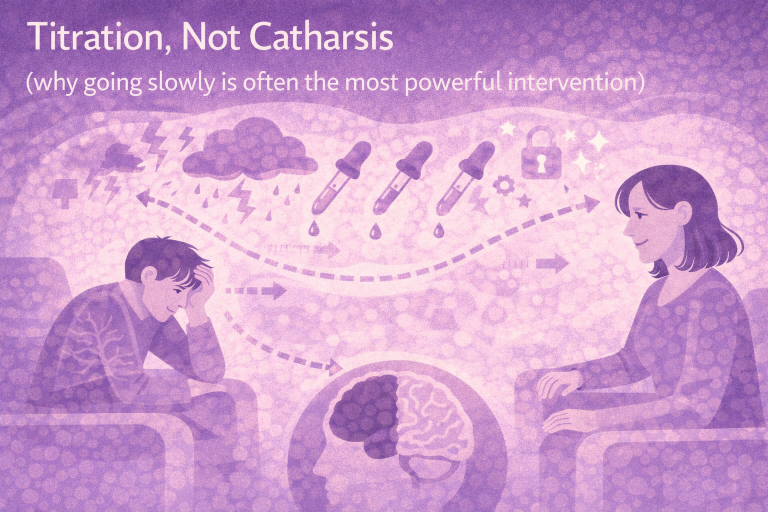The Truth About Avoidant Attachment: Why Distance Doesn’t Mean Disinterest
One of the most common misconceptions about avoidantly attached individuals is that they are emotionally detached and uninterested in connection. This assumption can lead to frustration, misunderstandings, and even a communication breakdown. We see this frequently in couples therapy.
The Myth: Avoidant Clients Are Emotionally Detached
Avoidant individuals are often perceived as cold, distant, or indifferent to relationships. In therapeutic and professional settings, they may struggle to express emotions, resist deep conversations, or seem uninterested in forming close bonds. At first glance, it’s easy to assume they simply don’t want a connection.
The Truth: Avoidant Clients Crave Connection, But Fear Vulnerability
In reality, avoidant clients deeply desire connection—but past experiences have shaped them to believe that vulnerability isn’t safe. Whether due to early relational wounds, inconsistent caregiving, or experiences of rejection, they’ve learned that emotional self-sufficiency is the best way to protect themselves.
This doesn’t mean they don’t care. Rather, their self-protective strategies—pulling away, minimising emotions, or avoiding deep discussions—are ways of managing the fear of being hurt, rejected, or overwhelmed.
Understanding Avoidant Attachment in Therapy
For therapists, working with avoidant individuals requires a shift in perspective:
Avoidant clients need time to build trust. Pushing too hard for emotional openness can backfire, reinforcing their belief that relationships are overwhelming.
Their space isn’t a rejection; it’s a form of self-regulation. Acknowledging their need for independence while providing consistent support creates a safe foundation for growth.
Avoidant individuals may be sceptical of long-term reliability. Showing up consistently, without demanding immediate closeness, helps them feel secure enough to gradually open up.
They may not verbalise emotions in a typical way, but that doesn’t mean they aren’t feeling deeply. Recognising their unique ways of expressing care and connection fosters stronger relationships.
Final Thoughts
Rather than labelling avoidant clients as emotionally detached, it’s crucial to understand their behaviours through the lens of past relational experiences. Their distance is not a lack of interest—it’s a learned survival strategy. By meeting them with patience, respect, and consistency, we create the conditions for trust, healing, and deeper connection.
#AttachmentStyles #AvoidantAttachment #Therapy #Leadership #EmotionalIntelligence #HealingConnections #CouplesTherapy #AttachmentTraining






